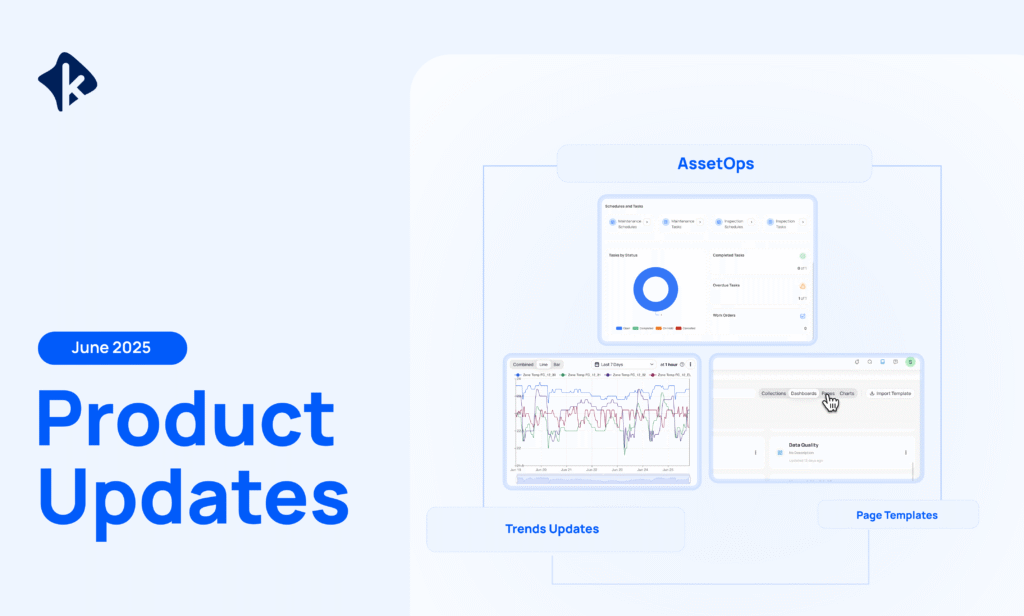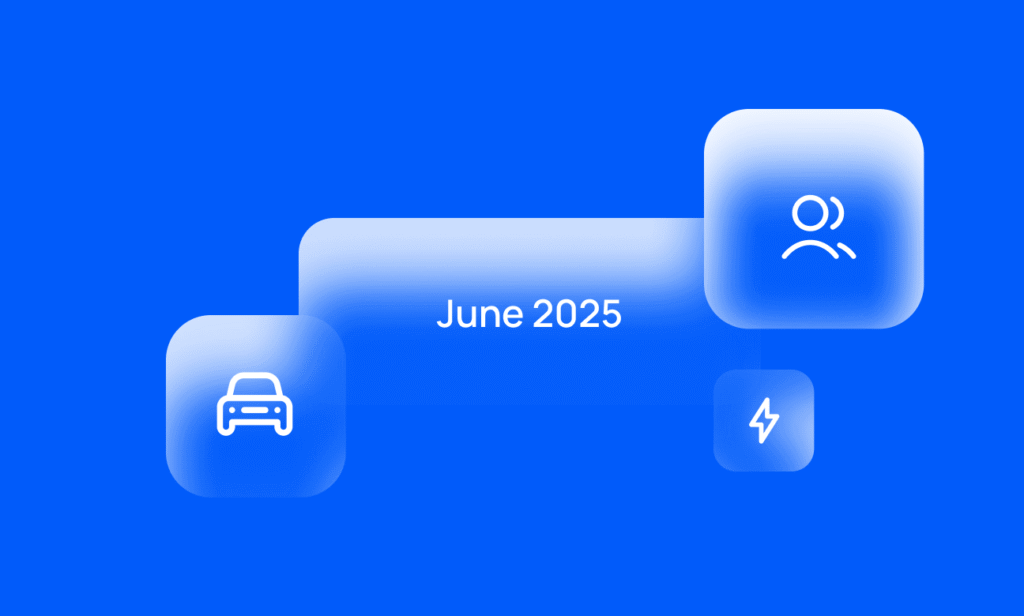On this page
Sign up to our newsletter
Subscribe to receive the latest blog posts to your inbox every week.
By subscribing you agree to with our Privacy Policy.
As we start a new year, I’m glad I’m kicking it off with a new interview, part of our HR Journal series. This time around I had the pleasure of sitting down with Rrita Rugova, Project Manager here at KODE Labs for over 3 years now. Rrita shared her journey into project management, insights into her daily role, and the challenges and rewards of keeping projects on track.
Whether you’re an aspiring Project Manager or simply curious about the behind-the-scenes work that drives software development, Rrita’s story offers valuable insights into this vital role.

What initially drew you to project management, and how has your passion for the field evolved over time?
I didn’t set out to become a Project Manager during my student years. What I knew was that I loved solving problems-whether it was in math or creative projects. Management seemed like a field where I could combine those skills.
When I saw how products are built and how many roles are involved, I realized how much I enjoyed the cycle of planning, organizing, and helping teams work better together. Leading my first project was a turning point, it showed me how impactful clear communication and a good plan can be.
Can you walk us through a typical day in your role?
Like many Project Managers in software development, my day begins with a morning scrum. This helps define what my day will look like. One of my main responsibilities is ensuring the team has everything they need to succeed, whether it’s information, resources, or just clearing roadblocks. This support role is one of my favorite aspects because I get to support a rockstar team.
Then, we focus on our timelines: Are we on track? Do we need to adjust? What’s the next step? Answering these questions means collaborating with Product Managers and Directors of Engineering to keep the product roadmap clear and achievable.
Lastly, we ensure all relevant teams—marketing, sales, support and deployment teams—are up-to-date on the latest developments. That could mean sending updates, timelines, or detailed reports so they can hit their goals, too.
What are some of the biggest challenges you face in managing projects, and how do you overcome them?
One challenge is responding to questions I may not have the answers to immediately, especially technical details or product decisions. To address these, we’ve created systems that make information readily available. This way the team can self-serve when needed, which saves time.
Another challenge would be balancing priorities between different teams. It requires constant communication between teams and compromising when need be to ensure alignment with the bigger picture.
How do you foster team collaboration and ensure everyone is engaged?
Open communication is key. Everyone should feel comfortable sharing their ideas and concerns, and we make sure to celebrate our wins and learn from our mistakes together.
We also make sure the team knows how their work fits into the bigger picture, so they feel connected to the overall goals. Regular feedback, both in group meetings and one-on-ones, helps me understand how everyone’s doing and where they might need extra support.
What advice would you give to someone aspiring to become a Project Manager?
My top advice is to always take notes, follow up, and deliver on your promises. These habits are key to staying organized and keeping things on track. As a Project Manager, you’re the one everyone relies on to provide clarity and move things forward.
Be adaptable—things don’t always go exactly as planned. And finally, build strong relationships. Project management is all about people, and good relationships make everything easier.
We hope this interview gave you a deeper understanding of the importance project managers play in our industry. Stay tuned for next month’s HR Journal, where we’ll spotlight another amazing team member.
Excited to join KODE Labs? Whether it’s project management or any of our many other roles, connect with us on LinkedIn, Facebook or Instagram. Visit our careers page to apply and share your story with us.




